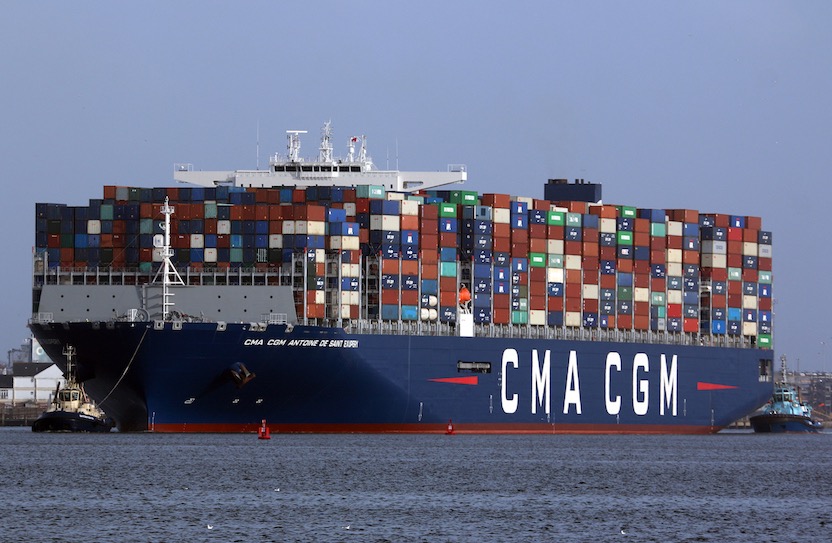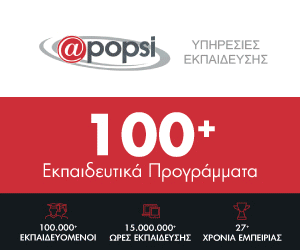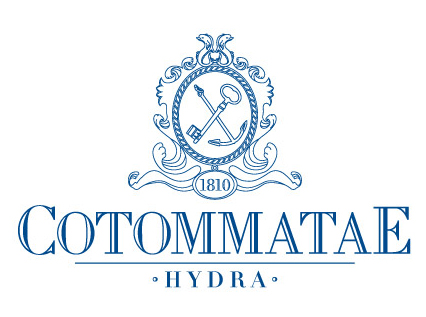For more than 40 years, the CMA CGM Group, a world leader in maritime transport and logistics, has grown throughout the world while maintaining its strong human and family values. Proud of its values and history, environmental responsibility is at the heart of the Group’s action. This commitment is regularly recognized by international organizations such as ECOVADIS, which recently awarded CMA CGM the “Gold Recognition Level” for the fifth consecutive year.
On the occasion of COP 25, held in Madrid from December 2 to 13, the CMA CGM Group announces it is joining the United Nations Global Compact and reiterates its commitment to the protection of the environment and the industry’s energy transition.
The United Nations Global Compact, the world’s largest corporate sustainability initiative
The Global Compact is a United Nations initiative that aims to mobilize business and civil society around the promotion and practical implementation of sustainable development goals. It is the largest international voluntary initiative for sustainable development, with more than 13,000 participants in 170 countries.
Committed for more than 15 years to an ambitious policy of social and environmental responsibility, CMA CGM will lead the ambitions of the maritime transport and logistics industry within the most important network of civil society actors for the promotion of the United Nations’ 2030 sustainable development goals. This is a new step in the Group’s commitment to trade that is more respectful of human rights, climate and the environment.
The Business Action Platform for the Ocean to benefit from CMA CGM’s expertise
As part of the Global Compact, the Group will also adhere to the Business Action Platform for the Ocean, which is the technical network dedicated to marine issues, as well as to the Sustainable Ocean Principles, a set of nine principles for the preservation of the oceans. CMA CGM will be able to bring its expertise acquired through its concrete initiatives and thus place on the agenda of the Global Compact work programme various issues likely to accelerate the energy transition of industry and strengthen ocean protection.
CMA CGM, a Group committed to the protection of the environment and the industry’s energy transition
Thanks to its ambitious environmental initiatives, CMA CGM Group has reduced its CO2 emissions per container transported by 50% between 2005 and 2015 and has set a new reduction target of an additional 30% by 2025.
By joining the Global Compact, the Group will continue its proactive actions in this area, which have been underway for many years:
- A pioneering commitment to the use of liquefied natural gas (LNG) for large capacity vessels. LNG reduces sulphur oxide and fine particulate emissions by 99%, nitrogen oxide emissions by up to 85% and CO2 emissions by around 20%. By the end of 2022, the CMA CGM Group will have 20 LNG-powered vessels;
- CMA CGM has decided that none of its vessels will use the Northern Sea Routes in order to preserve the fragile and unique ecosystems of the Arctic. CMA CGM was the first Group in the world to make this commitment, which was welcomed and followed by many actors in the maritime industry;
- The world’s first partnership to successfully test a latest-generation biofuel, made from recycled vegetable oils and forest residues, that reduces CO2 emissions by 80% over the entire life cycle. Test carried out in partnership with IKEA and The GoodShipping Program;
- The development of numerous advanced eco-technologies on the Group’s fleet to improve its performance and reduce energy consumption: optimization of bows’ shape for better hydrodynamic efficiency, innovations on the propellers and the engines to reduce fuel and oil consumption;
- The creation of a Fleet Center to which all the Group’s vessels (506) are connected 24 hours a day, 7 days a week; this unique system in the maritime transport industry makes it possible to optimize shipping routes in order to combine operational efficiency, safety and fuel consumption optimization, thus reducing CO2 emissions.
Source: CMA CGM



















